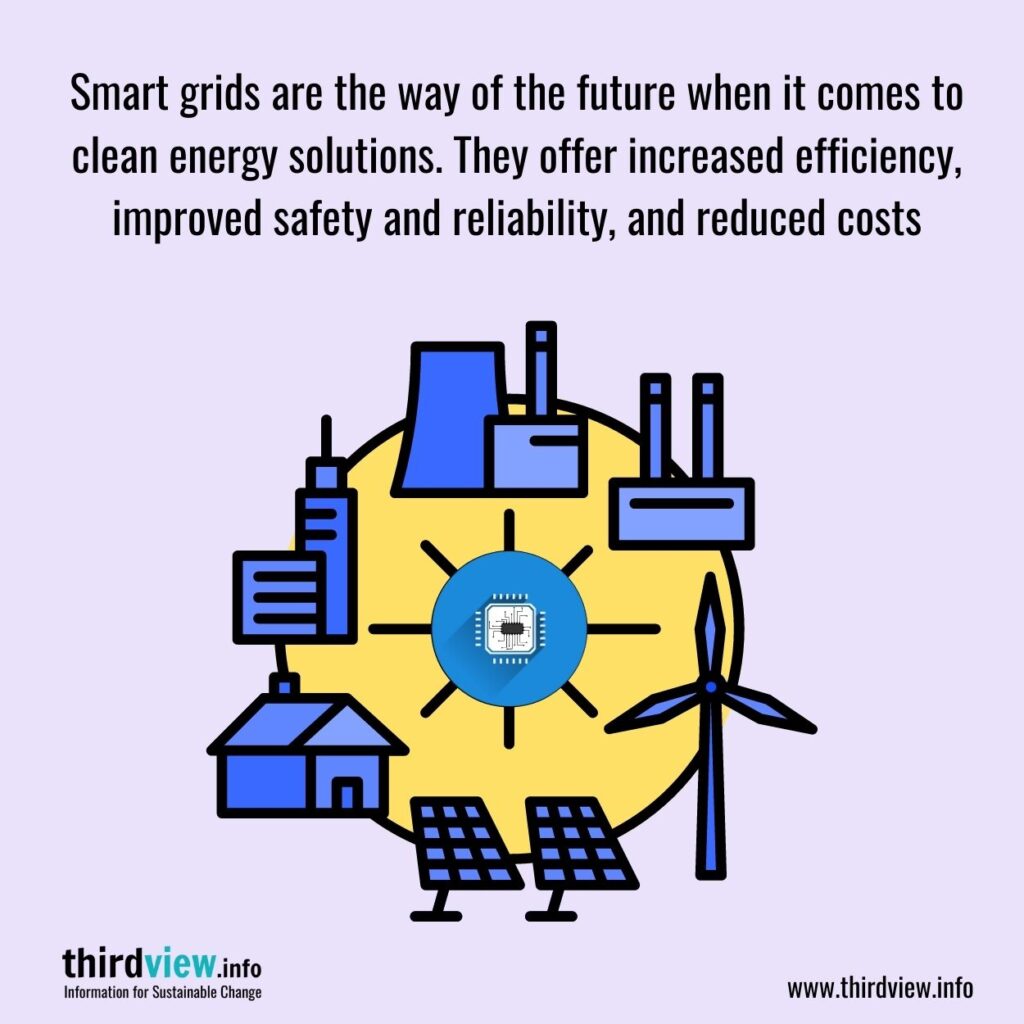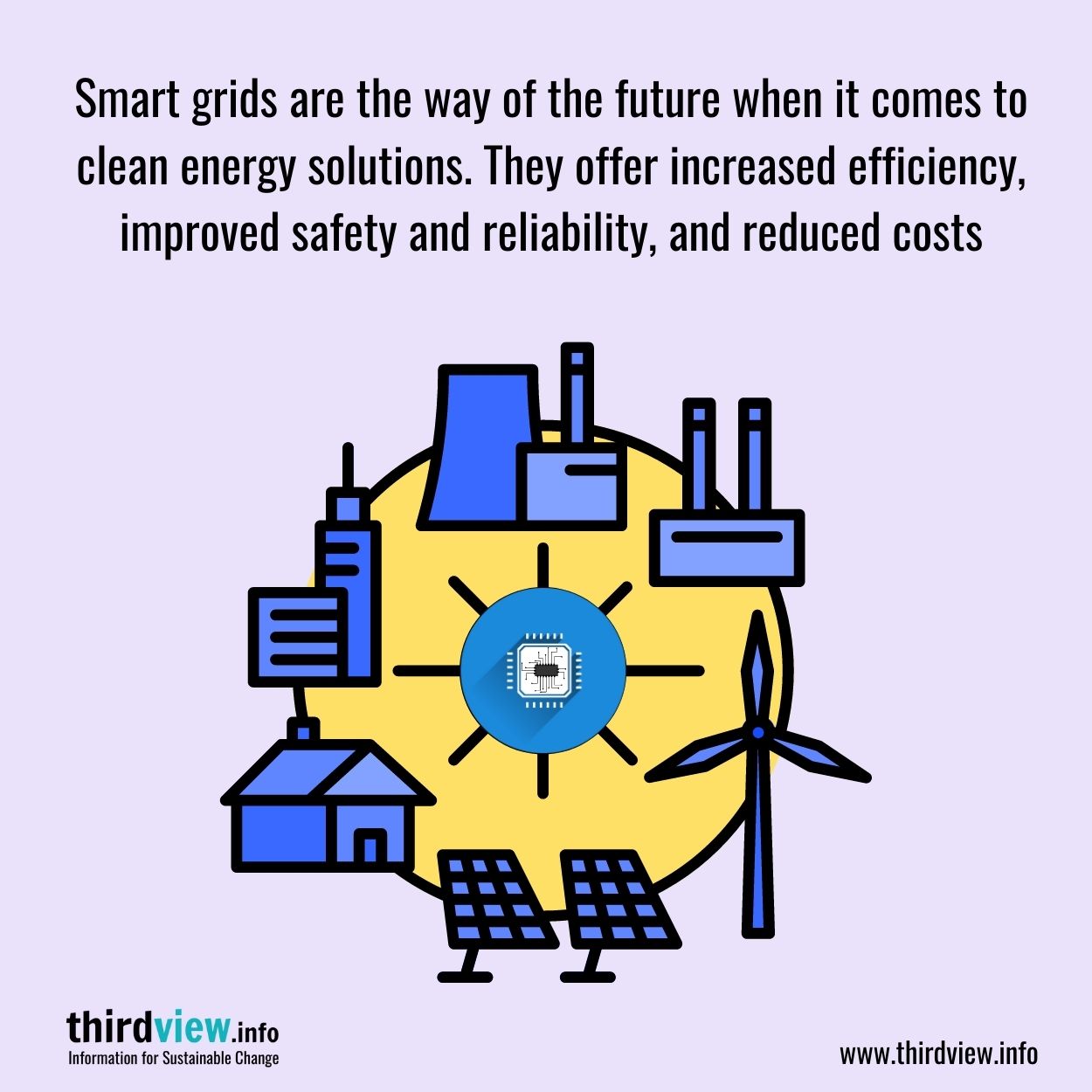As the world continues to move towards a more sustainable future, smart grids have become an increasingly important component in transitioning to clean energy. Smart grids are networks of power systems that use digital technologies to monitor and control the flow of electricity from generation sources to end-users. This new technology allows for increased efficiency in energy usage, improved safety and reliability, and reduced costs associated with traditional electricity delivery methods. Let’s take a closer look at how smart grids are transforming clean energy solutions.
The Benefits of Smart Grids
Smart grids offer many advantages over traditional grid infrastructure. For starters, they allow for more efficient energy management through automation and data-driven decision-making. Automated systems can reduce human error and improve response times during emergencies or outages. Additionally, smart grids provide better security by monitoring suspicious activity on the network and alerting administrators when abnormal behaviour is detected. Finally, because smart grids allow for real-time monitoring of energy usage, utilities can reduce transmission losses due to ageing equipment or other operational issues.
Smart Meters & Renewable Energy Sources
One of the most important features of a smart grid is the use of “smart meters” which allow customers to track their electricity usage in real-time. This data can then be used to optimize energy efficiency by identifying areas where customers could make changes that would save them money on their bills while also reducing their environmental impact. In addition to helping consumers manage their own energy usage, smart meters also enable utilities to incorporate renewable energy sources such as solar or wind into the power grid without compromising reliability or stability. By providing customers with information about how much renewable energy is being used—and how it’s contributing to their overall electricity bill—utilities can incentivize greater adoption of these clean alternatives.
Smart grids are revolutionizing the way we generate and consume electricity by making it more efficient, secure, reliable, and cost-effective than ever before. From enabling better management of renewable energies like solar or wind power to providing customers with detailed information about how much electricity they’re using (and what it’s costing them), smart grids offer a wealth of benefits that will help us transition towards a cleaner and more sustainable future. With continued development and implementation of this cutting-edge technology all around the world, we may soon see massive reductions in our collective carbon footprint as well as our reliance on fossil fuels.


